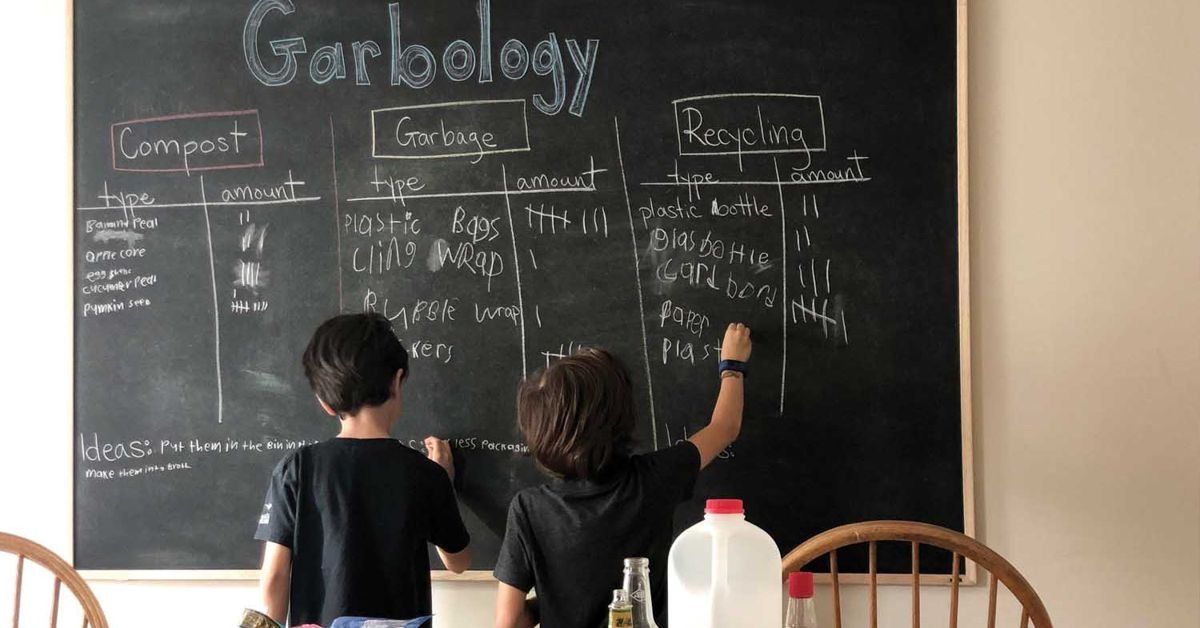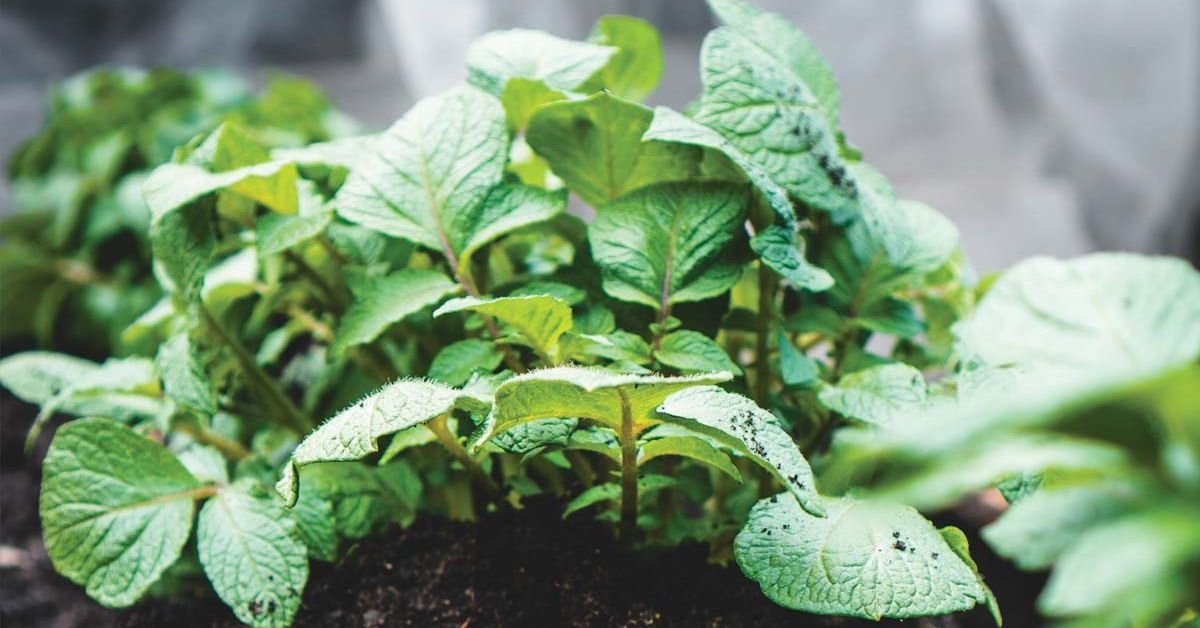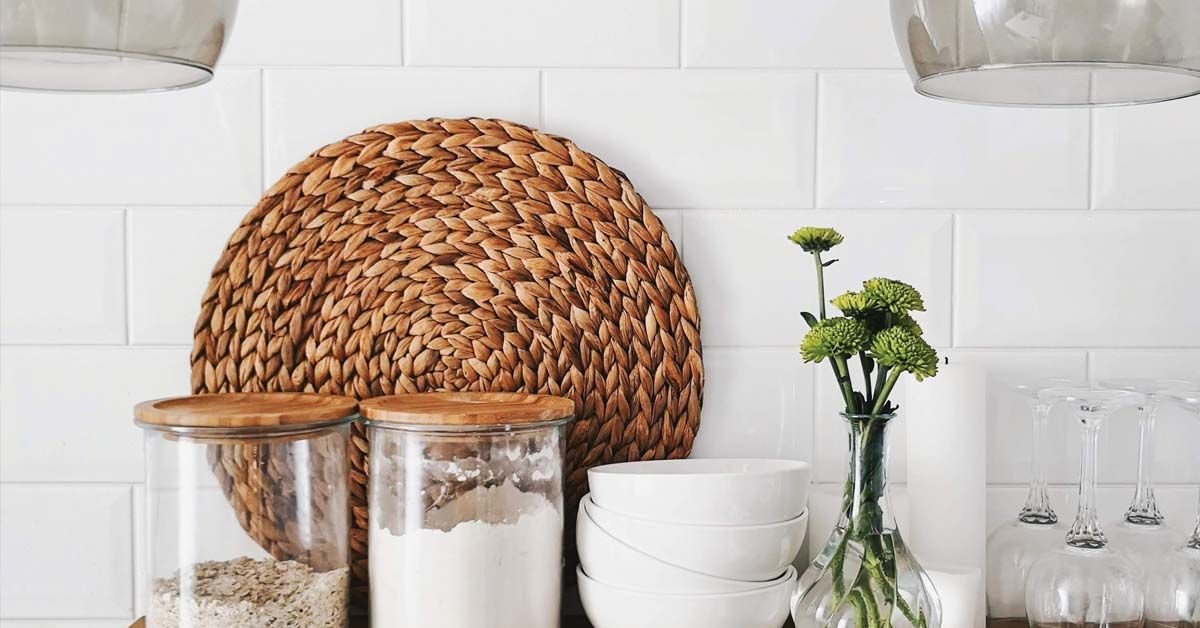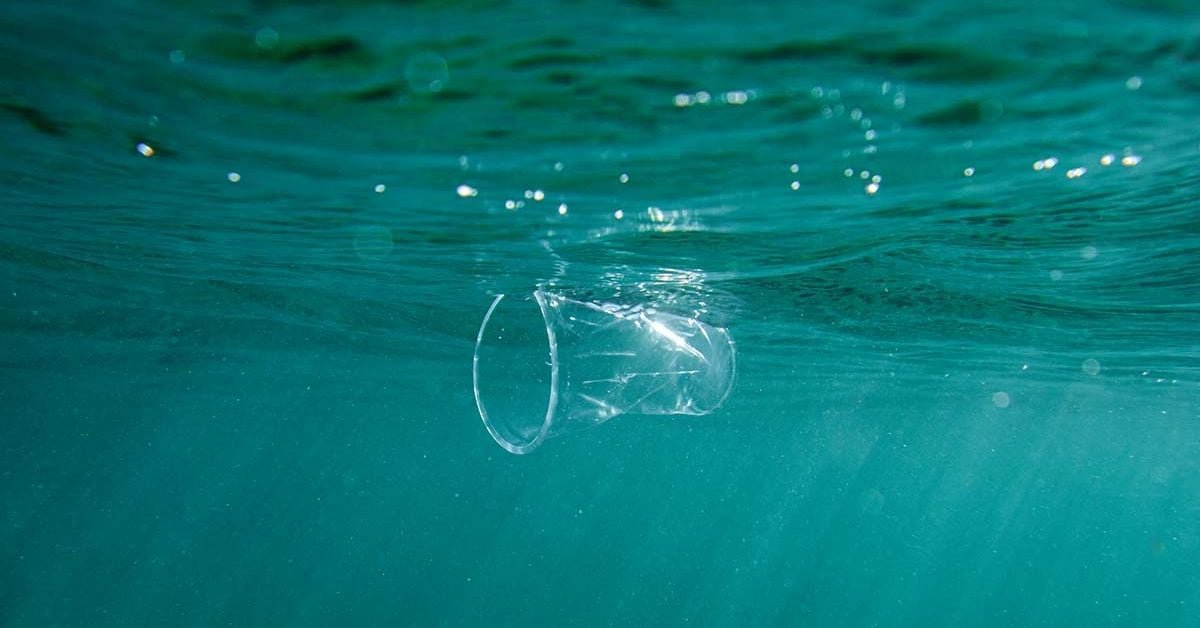Earnest first steps
Our journey to becoming an eco-aware family began during our struggle with infertility. Alongside treatment, we started to explore the environmental aspects of our lives, such as reducing single-use plastics and examining the ingredients in our personal care and cleaning products. We began shopping at bulk stores, transitioning to natural products, utilizing reusable containers, cycling more often, and adopting a plant-based diet.
When our sons arrived, the overwhelming push to purchase everything new and disposable led us in the opposite direction. We focused on buying secondhand, using cloth diapers, and seeking out reusable items.
As our sons grow, each new developmental stage brings fresh challenges, but our principles remain constant. We strive to empower them (and ourselves) with sustainable habits and skills that allow them to navigate the world responsibly, caring for both the planet and its inhabitants.
Here are some insights we’ve gained during our family’s journey, with the hope that they inspire your family’s next steps.
Take it slow
Adopting an eco-friendly lifestyle is a significant shift for many, requiring changes in both mindset and habits. It takes time and effort to reassess your home with fresh perspectives, determine what you genuinely need, clarify your values, explore alternatives, and integrate everything into your daily routine. As these practices become habitual, you will likely start to notice less consumption and a greater focus on living in the moment.
What you can do
With countless options and aspects to consider in sustainability, it can be overwhelming to know where to start. Instead, hone in on what feels manageable and achievable for your family at this time. This might involve:
- Reducing plastic in lunchboxes
- Sourcing secondhand clothing for the season
- Walking to school
- Incorporating one plant-based meal each week
Move at your own pace and make one change at a time. Stay adaptable and discover what suits your family best. Feeling positive about the changes you implement will keep you inspired to continue progressing. Ultimately, sustainable living has to be sustainable for you.
It’s a team effort
Begin with a family meeting. Take into account your family’s specific needs (such as dietary restrictions, budget, traditions), discuss mutual concerns, and start with what feels attainable. Striking the right balance is vital. Keep the conversation going, adjust as necessary, and celebrate your achievements. Parenting is an evolving journey, and so too is your approach to sustainable living.
What they can do
Including children of all ages helps create a foundation of eco-friendly habits they can carry into their daily lives. Engaging in these positive actions fosters their sense of agency and independence. Kids can assist with tasks such as:
- Filling containers at refill stores
- Sorting recycling materials
- Managing composting
- Drying laundry naturally
- Picking up litter in the neighborhood
They may surprise you with their knowledge and eagerness to learn new tasks! Working together as a family not only strengthens bonds but deepens your connection to both the planet and one another.
Remember, raising a child truly takes a village, and other like-minded parents are out there. Look online for local Zero Waste or eco-parenting groups for practical tips and information, and make good use of your community library. Social media can also serve as a valuable source of inspiration and showcase the many ways to practice sustainability.
What you all can do
There are many impactful ways to engage with your local community. We strive to minimize driving by walking or cycling whenever possible. This approach encourages us to slow down, observe our surroundings, and converse more with one another. Community involvement for your family might include:
- Picking up litter
- Volunteering at a community garden
- Participating in the school council
- Supporting local small businesses
- Sharing resources with neighbors
Sustainable living illustrates for our children that individual actions can collectively create significant change. We aim to instill in them the values of being active, engaged citizens dedicated to making the world a better place for all. Each of us has something valuable to contribute, and every action matters.
Can’t recycle it? Reuse it!
With less than 11 percent of plastic being recycled in Canada, finding new uses for items keeps them in circulation and prevents them from ending up in landfills. Consider these suggestions or get creative with your own ideas!
- Plastic clamshells and takeout containers are perfect for storing everything from toys to hair accessories.
- Repurpose old clothing into reusable wipes, napkins, and produce bags.
- Use empty bread bags for freezer storage or pet waste.
- Transform takeout drink containers into seedling pots.
- Place orphaned lids under houseplants.
- Turn empty squeeze bottles into water toys.
- Create your favorite animal using empty containers.
Eco kid essentials
A few essential items can help you minimize waste with your children. The good news is that most of these only need to be purchased once! Explore your local natural health store for a variety of eco-friendly products.
- Cloth diapers and wipes
- Stainless steel lunch containers
- Washable snack pouches
- Reusable straws (made from steel, bamboo, or silicone)
- Bamboo utensil kits
- Stainless steel water bottles/sippy cups
- Cloth napkins and handkerchiefs
- Bamboo toothbrushes
- Bar soap, shampoo, and conditioner
- Wooden combs or brushes






